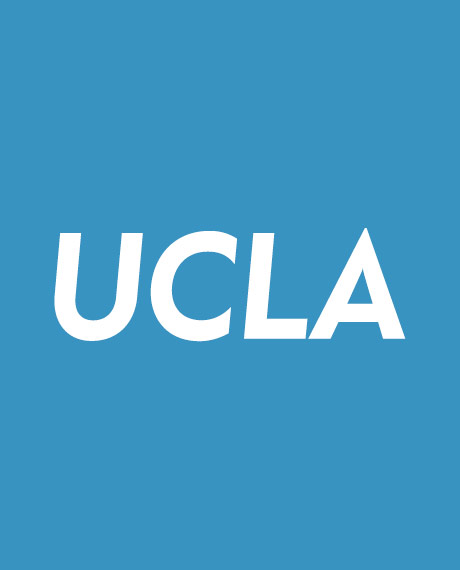
Nikki Baldemor

Colloquy
C: When and why did you decide to major in philosophy?
I never felt judged because I could tell the professor knew we were all learning it. As such, I was never afraid of coming to their office hours or send them lengthy emails to ask for more clarification. I felt safe. I felt like someone actually listened and cared about my thoughts.
C: What’s your favorite thing about the UCLA Department of Philosophy?
I truly enjoyed chatting with Professor Dupre about Chomsky and his ideas. Dupre is the absolute best. I had a really hard time in his class, so I went to his office hours religiously. He was very kind, understanding, and incredibly patient with me.
I enjoyed the lengthy discussions I had with my TA for Philosophy of Medicine, Piera Maurizio. Piera was the best TA I ever had. She was a tough grader. Thus, she challenged me and made me a better student.
Lastly, Professor DeWitt— my role model. I adore her in every way. She’s a warrior, and she really challenges her students. She has the best stories. And she really tries to liven everyone’s spirits.
C: What is the most interesting philosophical claim or argument you’ve encountered thus far?
The second one is from my Medical Ethics class with Professor Feinsinger. I was again introduced to Mill and his theory on autonomy and individuality. He states that the only way we can ever violate one’s autonomy is if that someone brings harm to another; we must stop that person from bringing harm to someone else. Furthermore, he states that individuality is crucial to one’s growth. That is, you must allow someone to make decisions
for themselves, even if we think it’s against their self-interests. He says this because there’s value in being able to try out different options on your own. And when you make mistakes, you have the opportunity to learn from.
C: Career-wise, what’s your next step? How do you think you will use philosophy in your future career?
C: How has taking philosophy courses influenced the way you think?
PHILOSOPHY IS A BREATH OF FRESH AIR. IT HAS HELPED ME UNDERSTAND PEOPLE IN A MORE DEEP AND MEANINGFUL WAY.
C: Do you have a memory of your time in the UCLA department of philosophy that impacted you?
C: Do you have any advice for undergraduates majoring in philosophy?
2) Talk with your professors via office hours or email, they are amazing people.
3) Read the texts you’re required to read, no matter how long and complicated they are. They are worth it. The most I’ve had to read was 198 pages long. It was Boethius’ Consolation of Philosophy provided by the great Professor DeWitt—she really challenges you.

